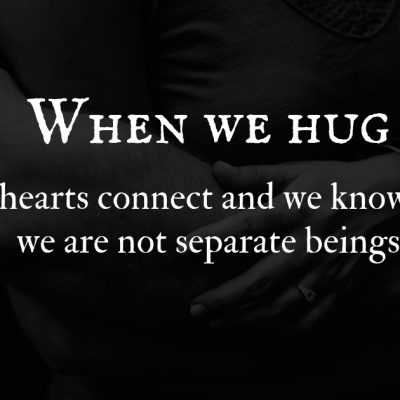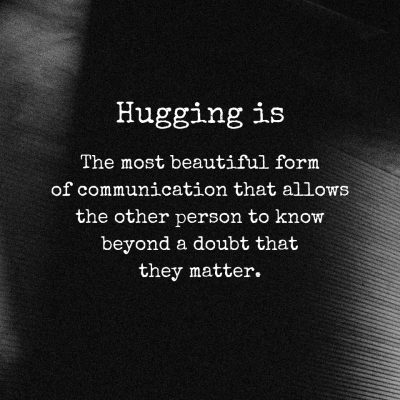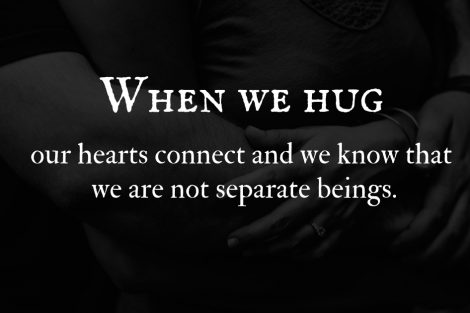Shyness can be endearing and a sign of politeness, respectfulness, and prudence. But it also can create major problems with our social interacting.

According to the American Psychological Association, shyness means a disposition toward feeling embarrassed, tense or even terrified during social interactions.
Shyness stops being a personality trait and becomes a psychological disorder if:
- One experiences physical symptoms like sweating or accelerated heart beat during interactions with new people.
- One has troubles making friends.
- One often avoids social events or any situations that include contact with others.
- One experiences extreme feelings of shame, low self esteem and passivity.
MORE: 8 Hilariously Awkward Things We All Do!
The causes for being shy are various, but we can identify some causes that generate such behavior. The most important ones include:
- stressful life events
- hostile work environment
- being dominated or bullied
- abrupt changes in family life
- public shaming for poor performances
- neglect or abusive family interactions.
MORE: 8 Ways To Clear Your Mind Of Negative Thoughts
If you have somebody in your family or social circle whose life is damaged by shyness, you can try to:
- Create and maintain good communicating relations. Encourage them to tell you how they feel, what painful emotions or situations they’ve been through.
- Acknowledge their inner conflicts between the need to belong and the fear of rejection.
- Suggest particular and feasible goals and reasonable means to realize them.
- Help them counter the negative thoughts and feelings they have about themselves. Offer them examples when they didn’t act according to their destructive pattern.
MORE: This Social Epidemic Is Worse For Our Health Than Smoking And Obesity
Don’t pressure them into situations where they have to perform socially. They already feel the inner pressure.
If there is no visible progress, encourage the person to seek psychological counseling. They can explore constructive alternatives to situations that are likely to trigger avoidance, inhibition and negative thoughts.
Don’t be shy, share this with your friends!










